
प्रधानमंत्री जन धन योजना के सफलता के 7 वर्ष
16 नवम्बर 2022
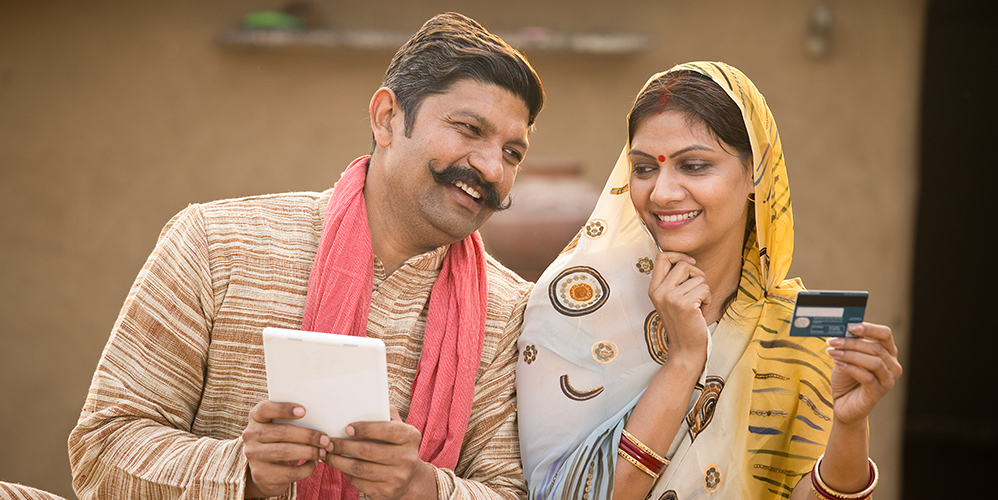
Table of Content
What is Pradhan Mantri Jan Dhan Yojana (PMJDY)?
Let us talk about Pradhan Mantri Jan Dhan Yojana (PMJDY) in detail. It is a nationwide scheme launched in 2014. The programme makes financial services accessible to all eligible individuals in the country.
Individuals of any age can open the Basic Bank Deposit Account (BSBDA)in single or joint names at any age. The account is for the rural and urban Indian population who could not take advantage of these financial services. You can open an account in any branch or with help from a Bank Mitra or any other bank. This is a zero-balance account, the account needs to be KYC compliant.
When did Jan Dhan Yojana start?
Pradhan Mantri Jan Dhan Yojana was started on the 14th of August 2014 by the Government of India.
How has Jan Dhan Yojana changed the lives of the underprivileged?
- The greatest benefit that the Jan Dhan Yojana brings for the poor is a bank account with RuPay debit with in-built accidental insurance and Overdraft facility.
- A free RuPay Debit Card with accidental insurance cover of up to Rs 1lakhs (without charge) if the account was opened between August 2014 to August 2018. If the account is opened after August 2018, the account holder will be eligible for up to Rs 2 lakhs insurance coverage under the NPCI programme.
- The PMJDY account holder will get all the banking privileges like a chequebook and passbook, net banking and mobile banking, nomination facility and SMS facility.
- It is a non-maintenance and minimum balance account.
- The account holder can transfer money anywhere in India with minimum formalities.
- The account holder is eligible for an overdraft facility upto Rs 10,000/- subject to eligibility conditions are fulfilled.
- The PMJDY account holder can take advantage of pension and insurance products.
- There is no restriction for opening a Fixed deposit or Recurring deposit account.
Key points to know about PM Jan Dhan Yojana
- The Jan Dhan Yojana upliftment scheme is aimed at improving the lives of the poor
- Including them in the financial mainstream with a zero-balance account
- Freeing the poor from the vicious nexus of unscrupulous moneylenders
- Providing insurance coverage
- The account is powered by Rs 1 lakh accidental insurance benefit. Account holders that have opened accounts after 28.8.18 will get an accident coverage of Rs 2 Lakhs
- The account holder will get a Ru-Pay-enabled debit card
Wrapping Up
In a country that has a sizable poor population, the 7 years of PMJDY opens the gates for revolutionary success. If the country can be wrapped in an organised agenda of financial wholeness, people can enjoy a life driven by economic planning and management in turn transforming the country towards faster and better wealth management. The Pradhan Mantri Jan Dhan Yojana is amped with all the facilities towards building a nation that heads towards economic ambitions of building sound financial resources. Spreading awareness and motivating the scheme already has coverage of 46.25 crores in August 2022. The low-income group has shown an impressive financial appetite steering an eight-fold jump in deposits made from 2015 with a current figure of Rs. 1.73 lakh crores to the present date. The PMJDY account holders are mostly low-paid daily wagers and those from the informal sector. Achieving 100 per cent coverage in most states, the government holds an agenda of a bank account for every adult. The Jan Dhan scheme's deep penetration in the grassroots allows the country to think boldly of adapting digital payment modes making the nation wholesome digitally.
Popular Articles
Related Articles


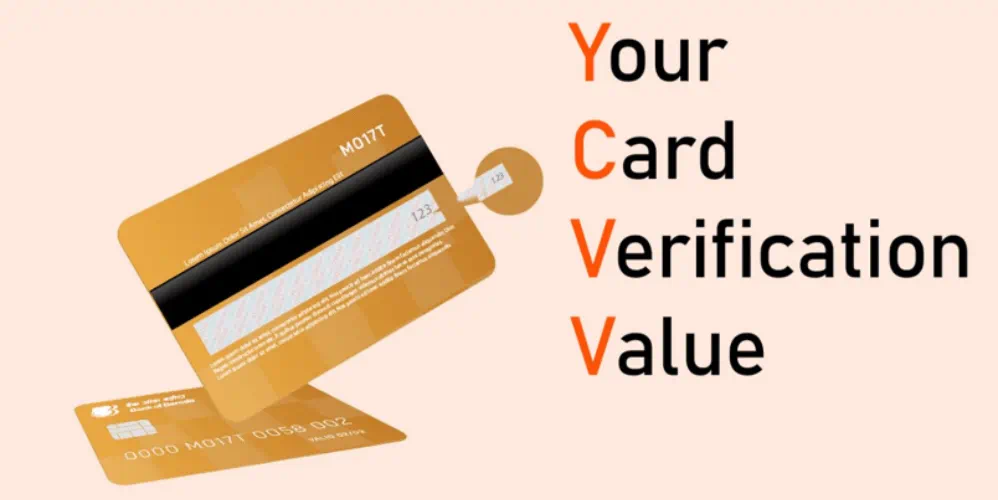
What is CVV on a Debit Card? Understanding Its Importance and Security Features
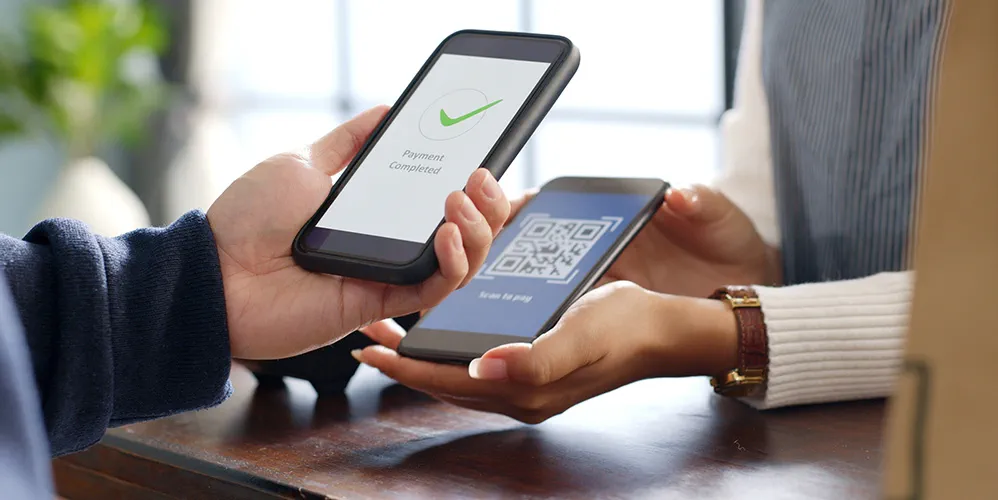

How to Update Your FASTag KYC: Step-by-Step Guide for Online & Offline Methods

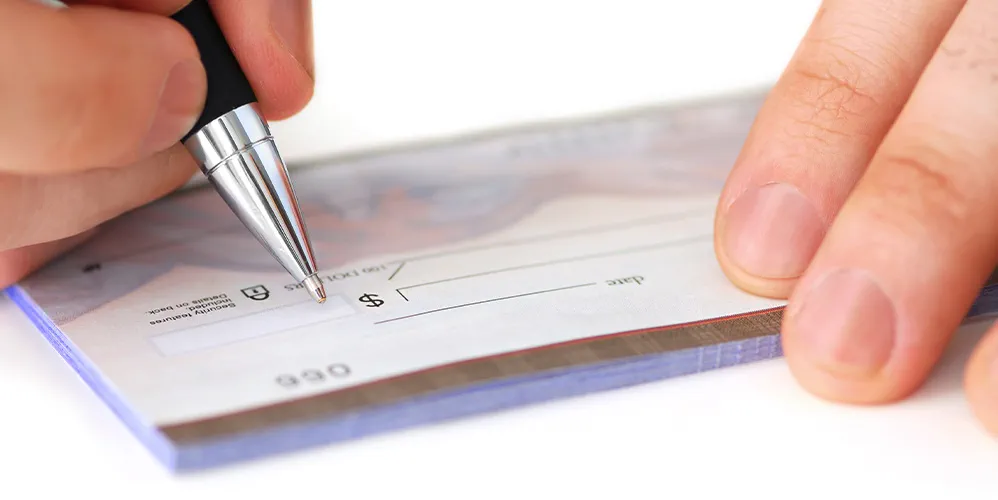
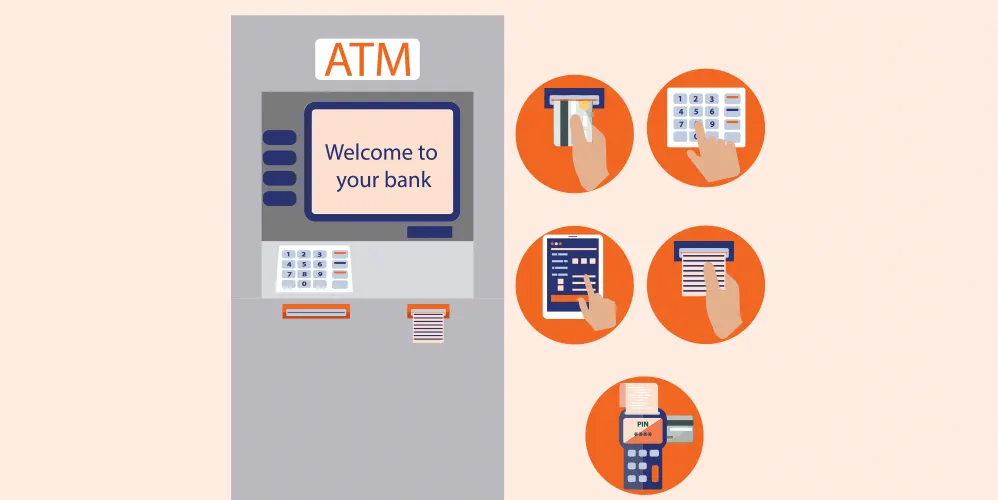

The Importance of Pension Funds: Secure Your Future with Steady Retirement Income

-
डिस्क्लेमर
इस लेख/इन्फोग्राफिक/चित्र/वीडियो की सामग्री का उद्देश्य केवल सूचना से है और जरूरी नहीं कि यह बैंक ऑफ बड़ौदा के विचारों को प्रतिबिंबित करे। सामग्री प्रकृति में सामान्य हैं और यह केवल सूचना मात्र है। यह आपकी विशेष परिस्थितियों में विशिष्ट सलाह का विकल्प नहीं होगा । बैंक ऑफ बड़ौदा और/या इसके सहयोगी और इसकी सहायक कंपनियां सटीकता के संबंध में कोई प्रतिनिधित्व नहीं करती हैं; यहां निहित या अन्यथा प्रदान की गई किसी भी जानकारी की पूर्णता या विश्वसनीयता और इसके द्वारा उसी के संबंध में किसी भी दायित्व को अस्वीकार करें। जानकारी अद्यतन, पूर्णता, संशोधन, सत्यापन और संशोधन के अधीन है और यह भौतिक रूप से बदल सकती है। इसकी सूचना किसी भी क्षेत्राधिकार में किसी भी व्यक्ति द्वारा वितरण या उपयोग के लिए अभिप्रेत नहीं है, जहां ऐसा वितरण या उपयोग कानून या विनियमन के विपरीत होगा या बैंक ऑफ बड़ौदा या उसके सहयोगियों को किसी भी लाइसेंसिंग या पंजीकरण आवश्यकताओं के अधीन करेगा । उल्लिखित सामग्री और सूचना के आधार पर किसी भी वित्तीय निर्णय लेने के लिए पाठक द्वारा किए गए किसी भी प्रत्यक्ष/अप्रत्यक्ष नुकसान या देयता के लिए बैंक ऑफ बड़ौदा जिम्मेदार नहीं होगा । कोई भी वित्तीय निर्णय लेने से पहले अपने वित्तीय सलाहकार से सलाह जरूर लें।
सावधि जमा में निवेश करते समय 5 सामान्य गलतियों से बचना चाहिए
निवेश करते समय, सावधि जमा में निवेश लगभग सभी के निवेश पोर्टफोलियो में अनिवार्य रूप से शामिल होता है। यह कम जोखिम, स्थिर बचत आपको परिपक्वता के अंत में स्थिर पूंजीगत लाभ का आनंद लेने देती है। हालांकि, सावधि जमा निवेश की योजना भी सावधानीपूर्वक बनानी चाहिए है। हम 5 सामान्य भूलों से आपको अवगत कराएंगे जो लोग फिक्स्ड डिपॉजिट खातों का चयन करते समय करते हैं।
प्रधानमंत्री जन धन योजना – वे सारी बातें ,जिन्हें आपको जानना आवश्यक है
प्रधान मंत्री जन धन योजना खाता, भारत सरकार द्वारा आर्थिक रूप से पिछड़े भारतीय नागरिकों को एक सुव्यवस्थित वित्तीय संस्थान के अंतर्गत एक वित्तीय माध्यम है। इस कार्यक्रम के माध्यम से यह प्रयास किया गया है कि प्रत्येक वयस्क सामान्य दर वाले बैंकिंग के साथ खाता खोलने की सुविधा प्रदान करता है । कम आय वाले असंगठित क्षेत्र के तहत दैनिक वेतन भोगियों के उनकी पात्रता के आधार पर निजी बैंकिंग सुविधाओं का विकल्प नहीं चुन सकते हैं जिससे उनके खातों के संचालन में समस्या आती हैं। लेकिन पीएमजेडीवाई, भारतीय नागरिकों को शून्य शेष वाले खातों में सभी प्रकार की बैंकिंग सुविधाओं उपलब्ध कराती है, जिससे उन्हें निजी और असुरक्षित बचत सहकारी समितियों पर निर्भर हुए बिना बचत करने की सुविधा मिलती है।

